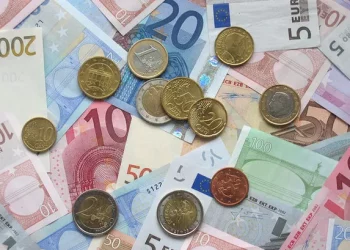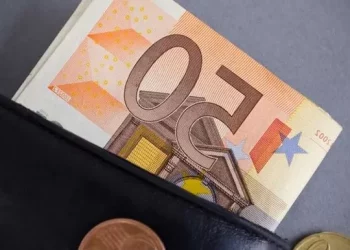A significant breakthrough in trade negotiations in Geneva has sent ripples across global markets, according to Nigel Green, CEO of the renowned global financial advisory firm deVere Group. The deal stipulates a notable reduction in tariffs between the United States and China. US tariffs on Chinese imports will drop from a hefty 145% to 30%, while China will slash duties on American goods from 125% to 10%. Although the agreement is only for a 90 – day period, its implications are profound.
This trade truce has immediately influenced market dynamics. Nigel Green stated, “Markets move fast—and they’re going to be racing ahead of previous assumptions.” Asian markets were the first to respond positively, with the Nikkei and Hang Seng indices climbing sharply. European and US futures followed suit, and there was also an increase in commodity prices and a strengthening of emerging market currencies. “Capital is coming off the sidelines, and investors are rotating back into equities with exposure to global trade, logistics, and manufacturing,” Green noted. The renewed trade flows promised by the truce are expected to ease inflation pressures and boost company earnings, particularly in sectors that were hardest hit by the tariff war.
The Geneva deal comes on the heels of another crucial development: a US – UK trade agreement announced just 24 hours prior. In this deal, while the US maintained its 10% tariff level, the UK reduced its duties on American goods from 5.1% to 1.8%, and it also opened up greater access for US exporters. This series of events gives the impression that the US administration is shifting its focus towards rebuilding trade relationships rather than further fracturing them.
Crypto markets have also experienced a surge in tandem with these trade developments. Bitcoin broke back above $100,000 for the first time since February, and Ether soared by more than 14%, driven by a revived investor risk appetite. These are not isolated spikes but part of a broader market shift away from defensive strategies and towards seeking opportunities.
However, despite the current optimism, there are caveats. The short 90 – day period means that if deeper disagreements between the involved parties persist, there may be little time for substantial progress. Unresolved issues such as tech access, subsidies, and security remain potential stumbling blocks. A return to higher tariffs would be a major setback for the markets. As a result, investors are advised to closely monitor the upcoming rounds of trade talks.
Nigel Green further analyzed the potential long – term impacts. “As equity markets claw back ground lost earlier this year, sectors tied to trade—autos, semiconductors, energy, and industrials—look set to benefit the most,” he said. Companies with significant cross – border revenue could see an improvement in their margins and forward guidance. Additionally, the fall in tariffs on consumer and intermediate goods may lead to a cooling of inflation, which could give central banks more flexibility in setting interest rates, potentially strengthening the case for risk assets in the coming months.
Green concluded, “The truce may not last, of course—but it will certainly reignite market momentum.” deVere Group, with its extensive network of offices around the world, serves more than 80,000 clients and manages $14 billion in assets under advisement, making its CEO’s insights highly regarded in the financial community.
Related topics






















